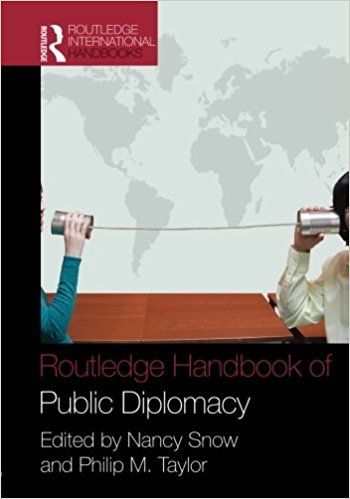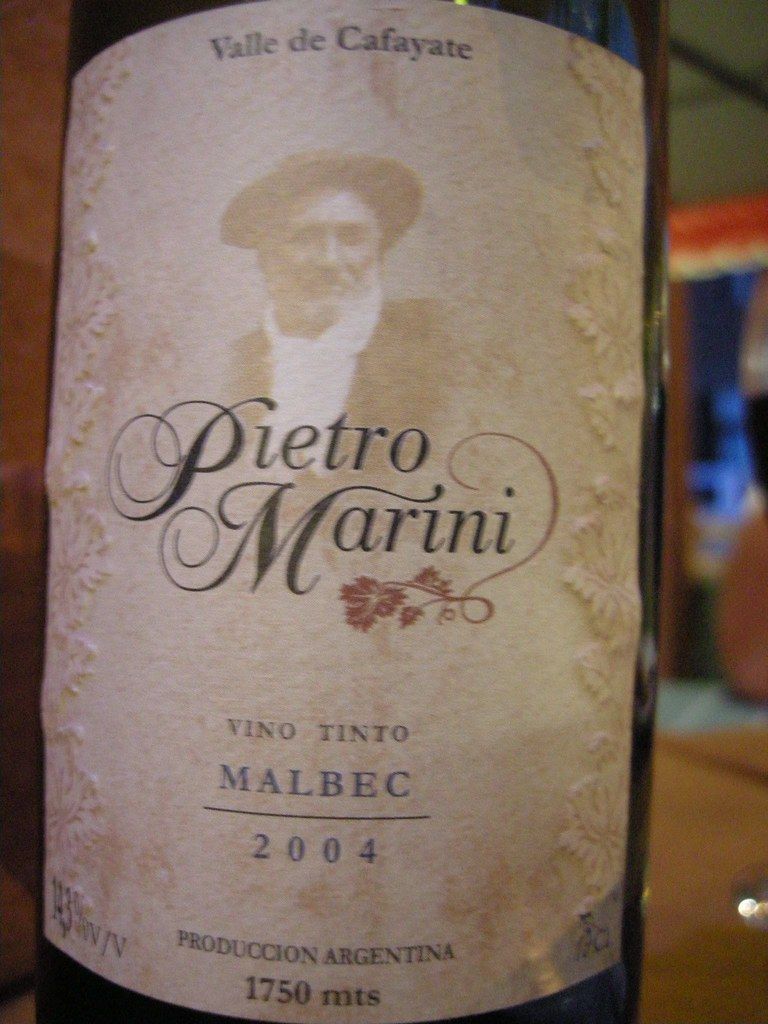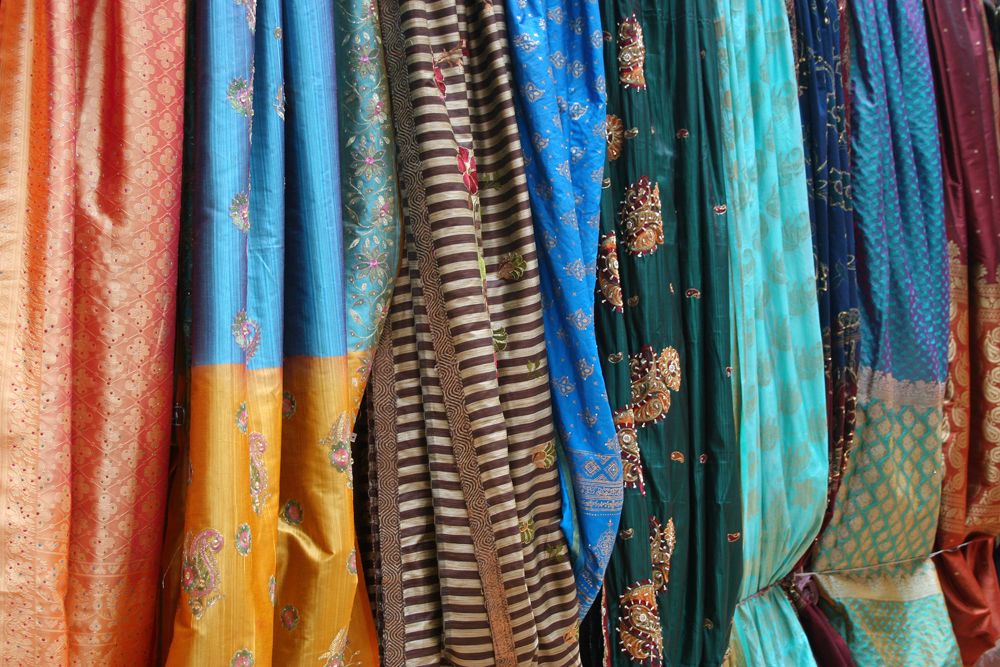Travelers As Diplomats?
I’ve spent a lot of my entire life with one foot in the wonderful world of public diplomacy – from growing up as a kid of circumstances Department diplomat and a USIA diplomat to serving as a Peace Corps volunteer in Estonia (two of the three goals of Peace Corps’ misson already have something regarding public diplomacy) and later working at Radio Free Europe/Radio Liberty (RFE/RL), an exclusive, yet U.S. government-funded, international broadcasting organization. My path wasn’t the consequence of a strategic career plan, but a reflection of the type of organizations to that i am attracted.
Arrived at think about it, this current journey is among the few times in my own life where I haven’t been section of a government-sponsored or formal program of public diplomacy. There is absolutely no office to which we are able to retreat or organizational credentials where we are able to depend. It’s just us on the market. However the link between our journey and public diplomacy becomes more pronounced with every step we take.
Sharing Our Country, ONCE WE Travel
The reactions of ordinary people – on the bus, on the market, on the road – to us as Americans has been genuinely positive in this journey, regardless of the anti-American sentiment that stewed worldwide during the last few years. Lots of people we’ve spoken to possess explicitly differentiated between us and our government and also suggested that meeting us has changed their outlook on America.
Obtaining a helping submit Turkmenistan.
Once we wrote this past year in a bit entitled Living at the Intersection of Travel and Citizen Diplomacy, published in the Fall/Winter 2008 edition of Kosmos Journal:
…Through travel, we seek to even the equation by getting together with people in public areas contexts just like the local grocery store or public transport. In these environments, we impact individuals who normally fall beyond your selection of formal diplomacy and intellectual exchanges.
…Perhaps the interconnectedness of today’s international travelers might help close the gap between formal programs and the hearts and minds of ordinary people.
Does this mean we carry an American flag, an encyclopedia of American statistics, and an American foreign policy manual? Well, no. Nonetheless it does mean that whenever we engage with residents – which for all of us is undoubtedly a simple pleasure of travel – we have been available to answering substantive questions about our home country. For many people living beyond America, their image of America is shaped by news broadcasts and Hollywood movies. But a curiosity concerning the lives of ordinary Americans remains.
So our interactions are two-way exchanges: we find out about individuals and culture of the united states we’re visiting, and in exchange, they learn just a little about us.
No rocket science here. That is something most travelers do naturally. Some individuals call this acting being an ambassador for the country (read this short article by Julie Schwietert Collazo on what learning the neighborhood language helps you turn into a better ambassador). Others call it being truly a citizen diplomat.
Hard to Quantify
While we believe each traveler is important in representing his country, it’s difficult to quantify the collective impact. Monitoring travelers and their exchanges isn’t quite as easy as tracking students and professors in trade programs.
An encounter at market in the Pamir Mountains of Tajikistan.
But failing woefully to recognize and capitalize on the role that travelers play in public areas diplomacy strikes us as a missed opportunity. Traditional diplomats and traditional public diplomacy are critical, but maybe it is time to augment the group of tools inside our country’s diplomatic toolbox.
Quite simply, it isn’t either/or, it’s and.
Travelers as Citizen Diplomats
At the U.S. Center for Citizen Diplomacy event, my Uncornered Market name tag was an attention-grabber. Several people approached me, curious to learn what it meant. Although what we’re doing through our journey and website stand as opposed to more formal and established exchanges and diplomacy efforts, a lot of people I met responded positively when i shared my feelings regarding traveler-led organic diplomacy.
When I encountered bewilderment, I re-grounded the discussion with mentions of might work with Radio Free Europe/Radio Liberty and Peace Corps – known quantities that a lot of people in this audience could relate with professionally. I was thus transformed from an aimless traveling hobo into someone with relevant professional experience, knowledge and context.
I’m not certain everyone grasped it, but several did.
What Role for Travelers?
Perhaps there’s a chance here to leverage the people-to-people interactions and collective understanding of travelers and incorporate them into America’s public diplomacy framework. However, I also wonder whether doing this would draw a restrictive box around it, and thereby diminish the wonder of what travelers just do naturally while on the highway.


